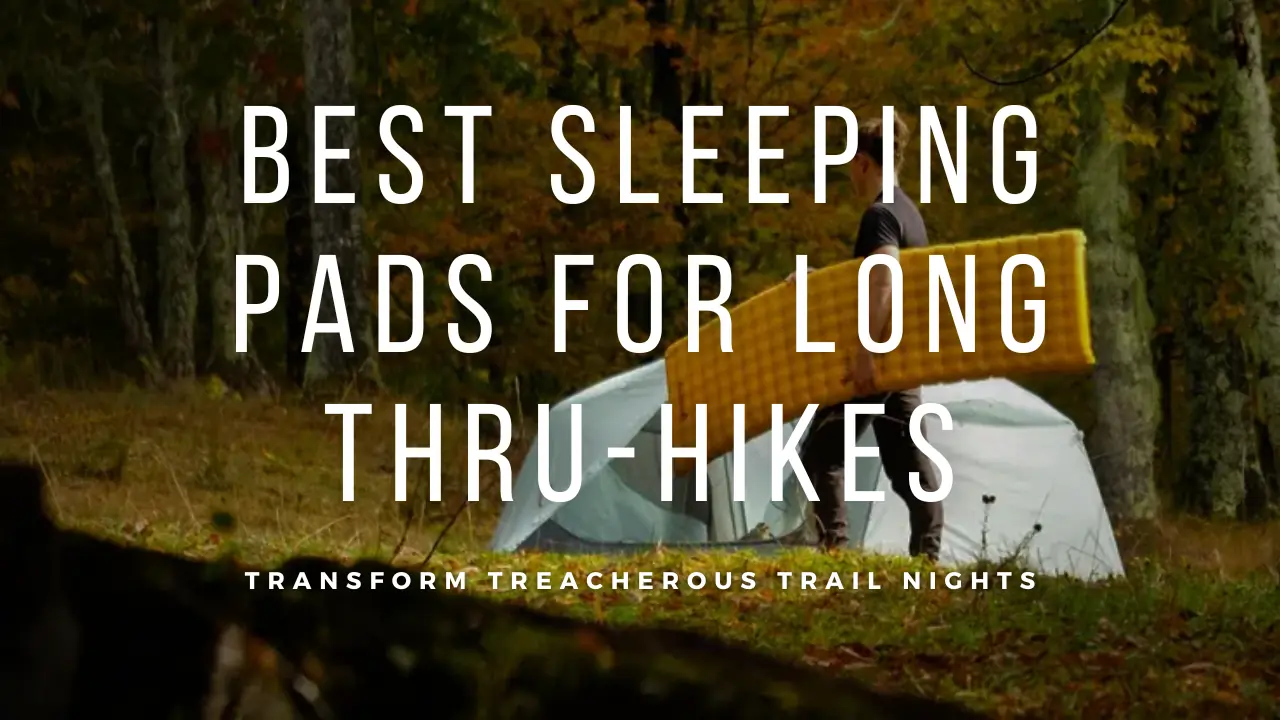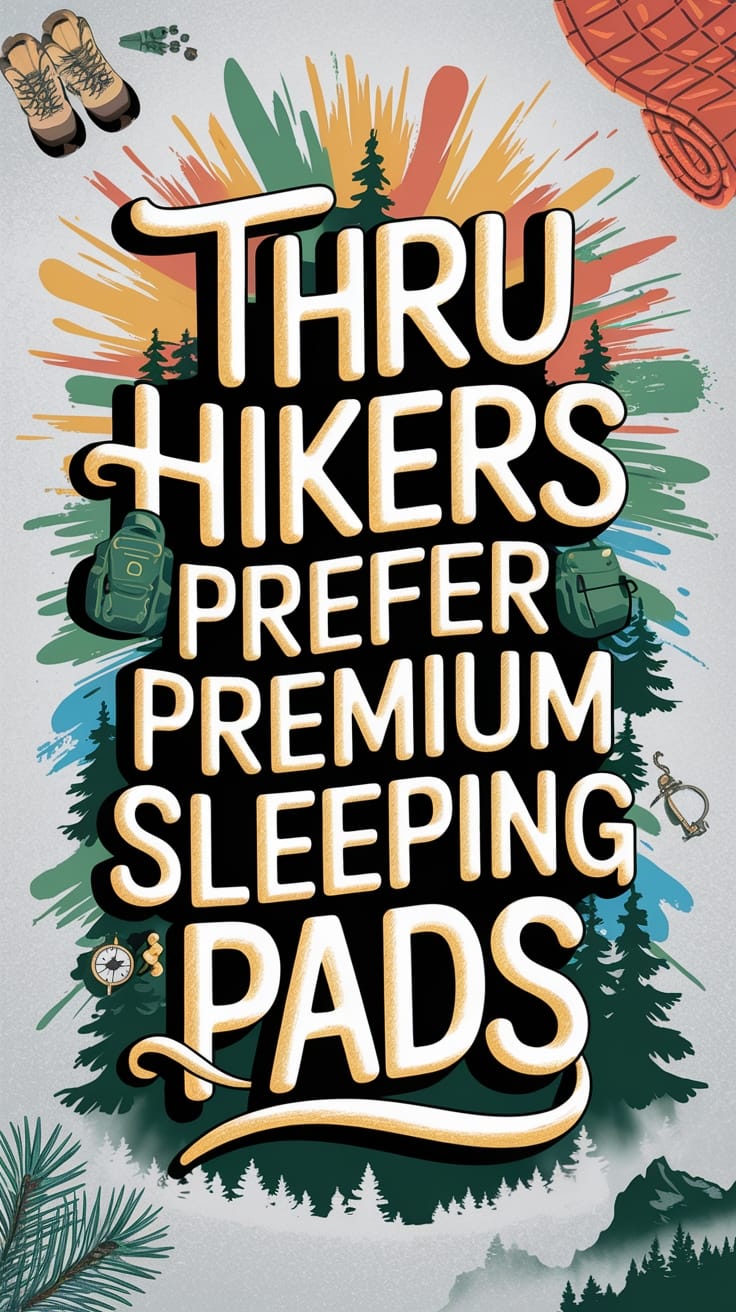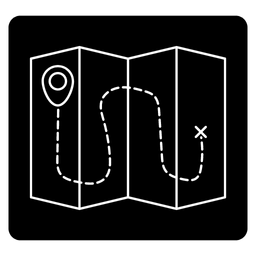As you unroll and inflate your sleeping pad inside your tent on the rough ground at the end of a long day's hike, you might pause at the thought of the considerable chunk of change it represents. You've invested in a product that promises to shield you from the heat sucking earth, but the price tag of these advanced sleeping surfaces often invokes a sharp intake of breath.
You're not just paying for foam or air; you're investing in technology designed to reconcile the conflicting demands of comfort, weight, and space. High-quality materials, sophisticated designs, and rigorous testing contribute to the cost, ensuring your slumber is as rejuvenating as possible.
As we unravel the reasons behind these steep prices, you'll come to see how each dollar spent is woven into the very fabric of your backcountry bed, potentially transforming your outdoor adventures in ways you might not have anticipated.

Tech-Driven Comfort: Trail-Tested Materials
When selecting a sleeping pad for thru-hiking, it's crucial to consider the specialized materials and construction quality, as these factors directly impact the pad's durability and performance in harsh outdoor conditions.
High-end sleeping pads, like the Therm-a-Rest and Nemo, are often ASTM rated, indicating they've met rigorous standards for insulation and durability. These specialized materials and quality craftsmanship ensure that the pads withstand the rigors of the trail, offering you both comfort and warmth.
A premium pad's resilience means you're less likely to face a deflating mattress in the backcountry, granting you the freedom to focus on the adventure ahead without the worry of gear failure.
Plush Paradox: Balancing Comfort and Packability
Building on the importance of materials and quality, the advanced comfort and thickness of a sleeping pad are equally crucial for ensuring a restful sleep during your long-distance hikes.
Pads like the NeoAir XLite NXT and NeoAir UberLite are engineered for advanced comfort, offering a balance between lightweight design and supportive cushioning. The thickness of these pads isn't arbitrary; it's a calculated feature to provide insulation from the ground and enhance sleep quality.
The NeoAir XTherm, for instance, goes a step further. It combines thickness with a reflective layer to retain body heat, making it ideal for colder environments. These technological enhancements in comfort and thickness ensure that you wake up refreshed, ready to embrace the freedom of the trail each morning.
Warmth Warriors: Battling Night Chills on the Trail
Maximizing your warmth on chilly nights, high-quality sleeping pads employ superior insulation properties that trap body heat and minimize ground cold seepage.
These pads, like those from Nemo, are designed to keep you warm even in cold weather conditions, making them perfect for early spring treks where temperatures can plummet unexpectedly.
The right pad and R-Value can make a significant difference in your comfort and the quality of your sleep.
| Feature | Benefit |
|---|---|
| High R-Value | Reduces heat loss to the ground |
| Reflective Coating | Radiates body heat back to you |
| Baffled Air Chambers | Creates barriers against cold |
| Advanced Materials | Provides insulation without bulk |
| Specialized Design | Tailored for cold weather and temperature swings |
These features collectively ensure that you're equipped to face the unpredictable elements, prioritizing your freedom to explore without being weighed down by the cold.
Featherlight Freedom: Packing Smart for Long Treks
While superior insulation is crucial for warmth, thru-hikers must also consider the portability of their sleeping pads, seeking designs that are both lightweight and compact for ease of travel.
One thing to keep in mind is how the pad fits into hiking backpacks, which are already laden with essentials. A camping trip can be made or broken by the gear you carry, and a lightweight and compact design ensures that sleeping pads don't become a cumbersome burden.
When you're ready to invest in a quality pad, you might buy through links provided by trusted outdoor gear websites. These pads are engineered to minimize space and weight, yet provide the comfort needed after a long day's trek. The right choice enhances your freedom to explore without the weight of unnecessary bulk.
Built to Last: Gear That Keeps Pace with Your Adventures

For thru-hikers, the longevity of a sleeping pad is a critical investment, as it must withstand the rigors of constant use and varying outdoor conditions. You're always on the move, and your gear has to keep up.
When you choose a sleeping pad, you're looking for something without needless features, but you can't compromise on durability. Big Agnes is one brand that understands what you really need. They design pads that last season after season, ensuring you're not constantly replacing your equipment.
Make sure to invest in a pad that's built to endure the challenges of the trail. A durable pad might cost more upfront, but it's worth it for the peace of mind it brings, knowing you're supported night after night.
Trail-Worthy Assurance: The Importance of Rigorous Testing
Understanding that a durable pad is a worthy investment, it's also crucial to consider the quality control standards that underpin the reliability of sleeping pads for thru-hikers.
You're relying on your gear to withstand the rigors of the trail, and consistent manufacturing practices are key to ensuring that your sleeping pad won't let you down. Manufacturers who invest in superior quality control systems subject their products to rigorous testing. This means every pad is checked for defects in material and craftsmanship.
It's not just about comfort; it's about safety and performance in the backcountry. These standards justify the higher price tag, as they minimize the risk of equipment failure.
Your freedom on the trail depends on gear that delivers, night after demanding night.
Beyond the Purchase: Support That Matches Your Journey
Assessing a sleeping pad's warranty and customer service offerings is essential, as these factors provide peace of mind and protection for your investment in long-distance hiking gear. When you're miles from civilization, you need to trust that your equipment will hold up, and if it doesn't, that the company will back you up.
Look for brands that offer extensive warranties—some even provide lifetime coverage. This means if your pad fails due to manufacturing defects, you're covered in nearly any circumstance.
Moreover, responsive customer service is invaluable. It's the difference between getting swift, helpful support and being left out in the cold with a deflated pad. Companies that value your freedom on the trails will ensure you're not burdened by faulty gear, offering quick replacements or repairs to keep you moving.








